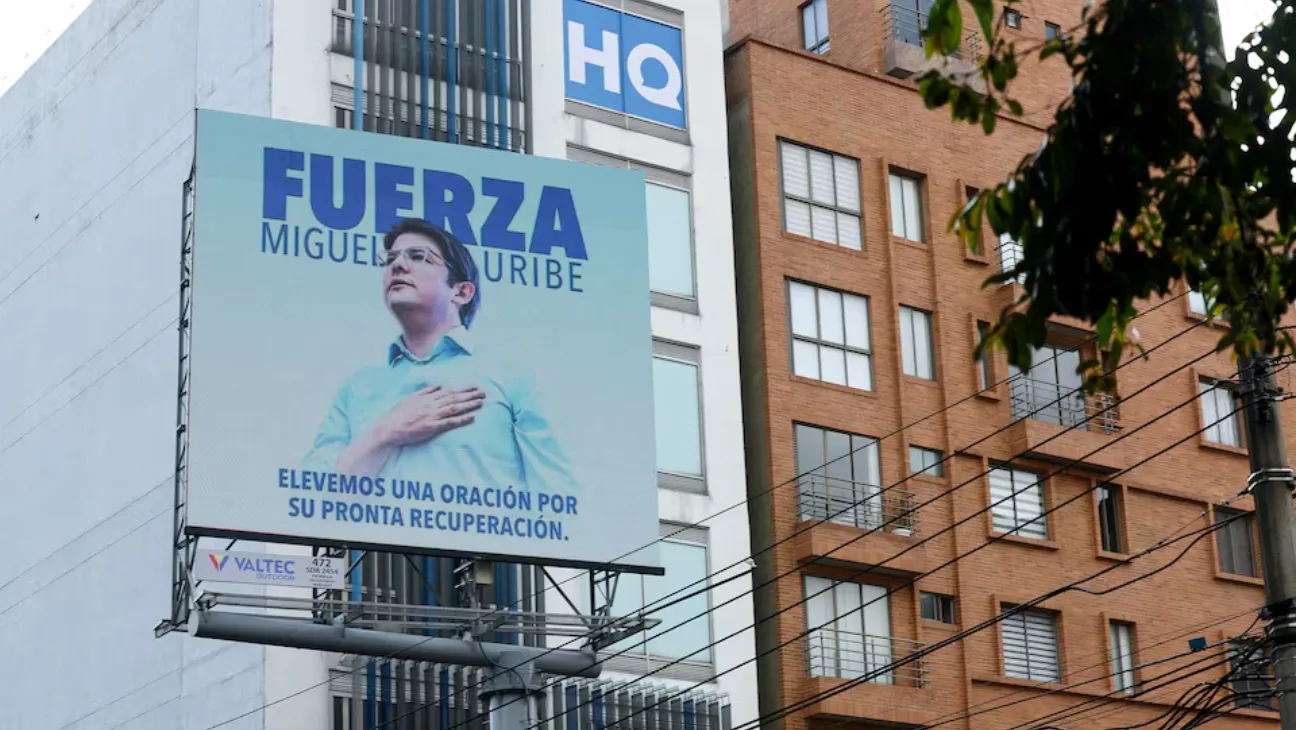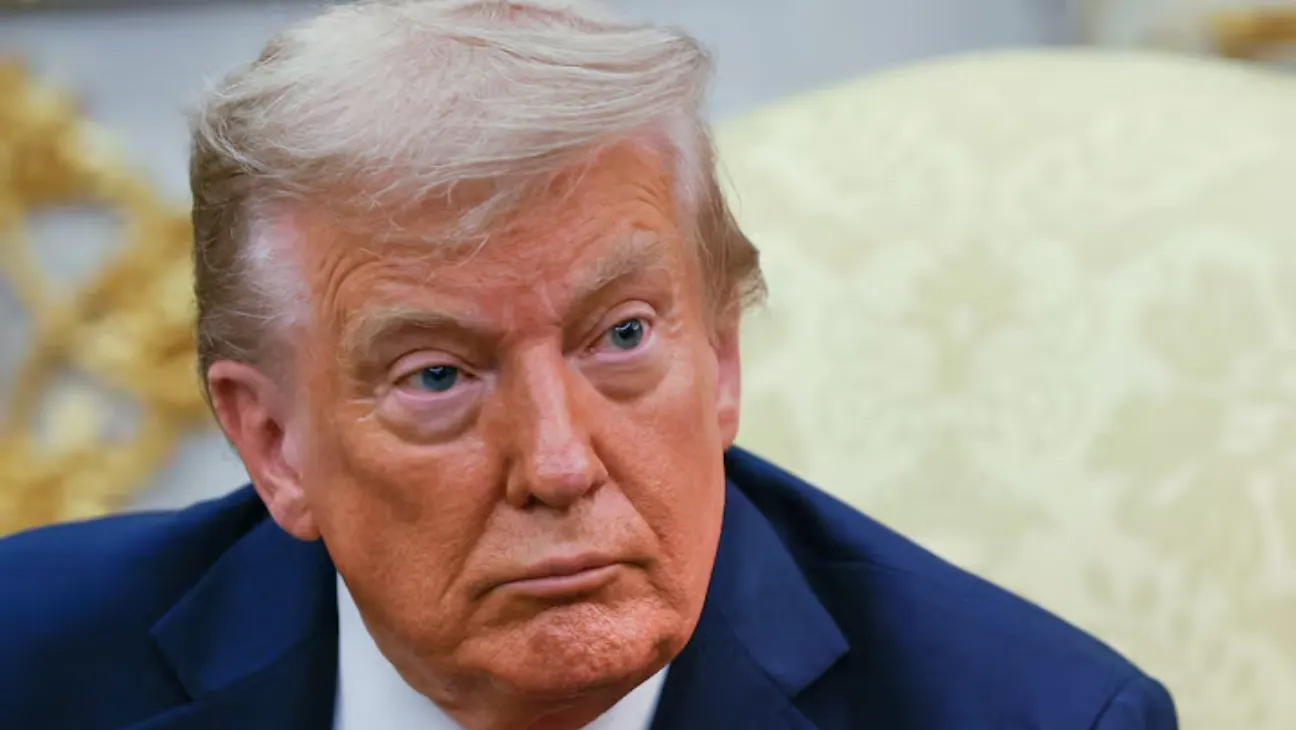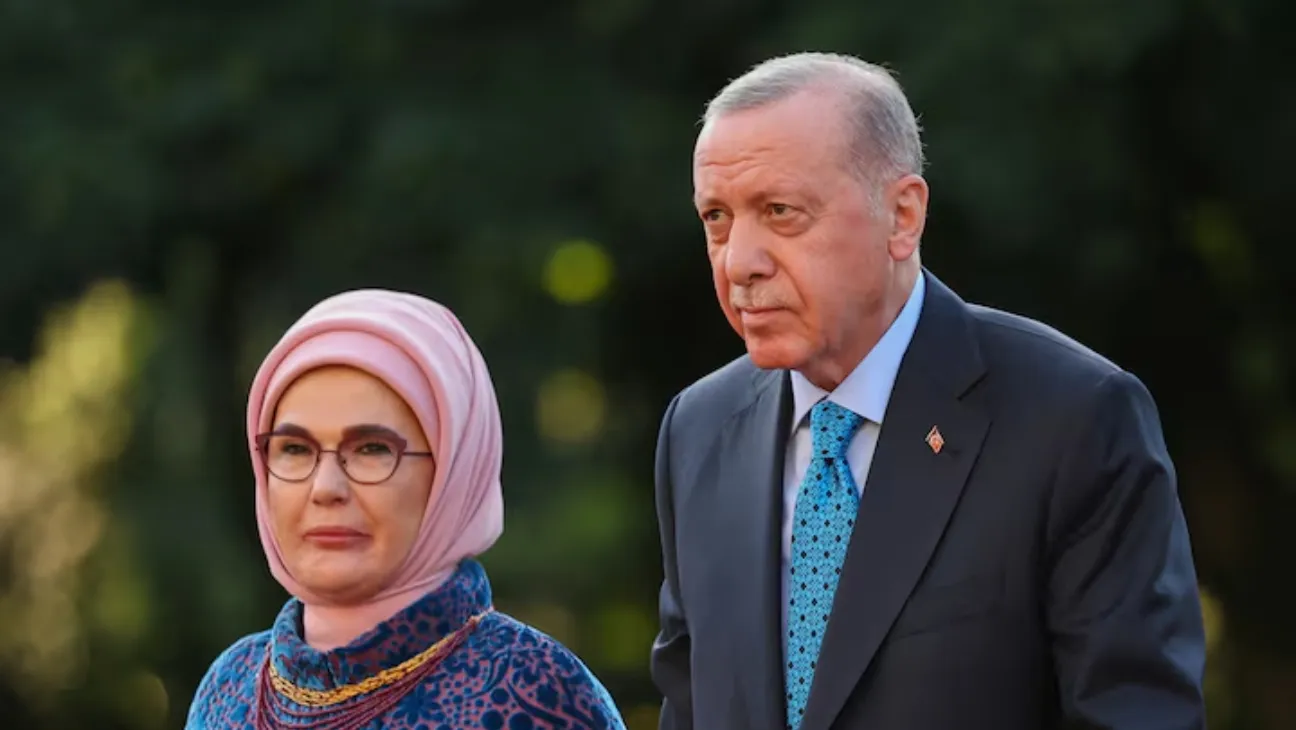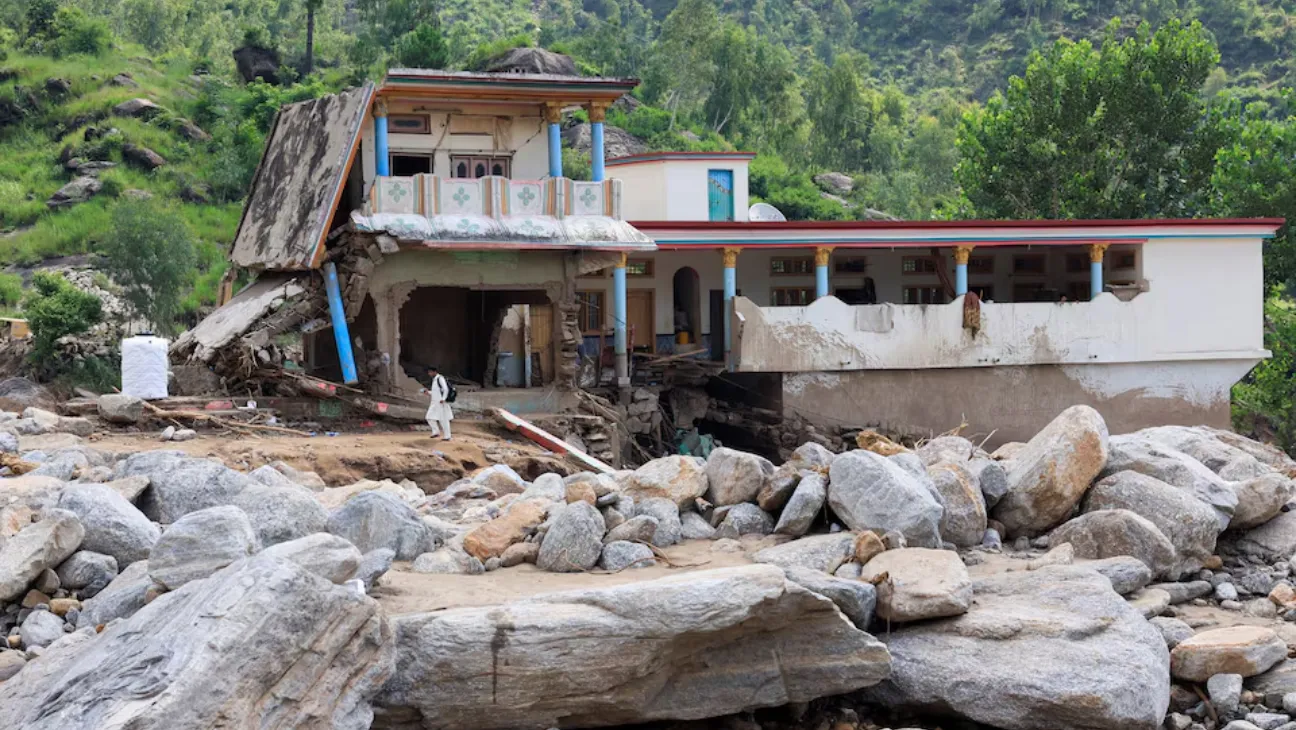Colombian Senator Miguel Uribe, a rising figure in the country’s right-wing opposition and a candidate for the 2026 presidential race, died early Monday, two months after being shot in the head at a campaign event in Bogota. He was 39.
Just days after doctors warned his health was rapidly failing, Uribe has died. The Santa Fe Foundation hospital, where he had undergone multiple surgeries, confirmed he passed away at 1:56 a.m. on Wednesday. His death followed what doctors described as a hemorrhage in his central nervous system over the weekend.
His wife, Maria Claudia Tarazona, announced the news on social media. “Rest in peace, love of my life, I will take care of our children,” she wrote.
This was more than an attack; it was a terrifying echo from Colombia’s most violent era. The shooting of Uribe instantly revived the specter of the 80s and 90s, when the power of the drug cartels was so absolute they could assassinate presidential candidates with impunity.
The investigation, far from offering comfort, has only amplified the dread. The arrest of a 15-year-old hired gun isn’t a victory; it’s a terrifying display of how disposable life is to the men who truly ordered the hit. It proves the shooter is just a symptom, while the disease itself remains uncured and at large.
Defense Minister Pedro Sanchez promised accountability. “We will not allow the violent to intimidate or silence political voices needed in our democracy,” he posted online. The ministry has offered a reward of three billion pesos — about $740,000 — for information leading to those responsible. The United States, Britain and the United Arab Emirates are assisting in the investigation.
Former President Alvaro Uribe, leader of the Democratic Center party, paid tribute on social media, saying, “They killed hope.” U.S. Secretary of State Marco Rubio expressed condolences, adding that Washington stands “in solidarity with his family” and with Colombians seeking justice.
Tragedy has stalked the Uribe family for generations, and Miguel’s death is its newest scar. This is a family defined by both political dynasty and violent loss.
The story of his family is a brutal lesson in extremes. On one hand, there was the pinnacle of power: his maternal grandfather, Julio Cesar Turbay, held the nation’s highest office as president. And on the other, the depths of sorrow: just a decade later, his own mother, the brilliant journalist Diana Turbay, was cut down, murdered by the Medellin Cartel.
Uribe entered politics young, winning a seat on Bogota’s city council at 25. He became known as a vocal critic of then-mayor Gustavo Petro, now Colombia’s president. In the Senate, he opposed Petro’s policies on oil restrictions and labor reform, promising instead to attract investment and ensure legal security for companies.
Since the June attack, his Senate seat has been draped with the Colombian flag. Uribe leaves behind his wife, son, two stepdaughters, father and sister.









